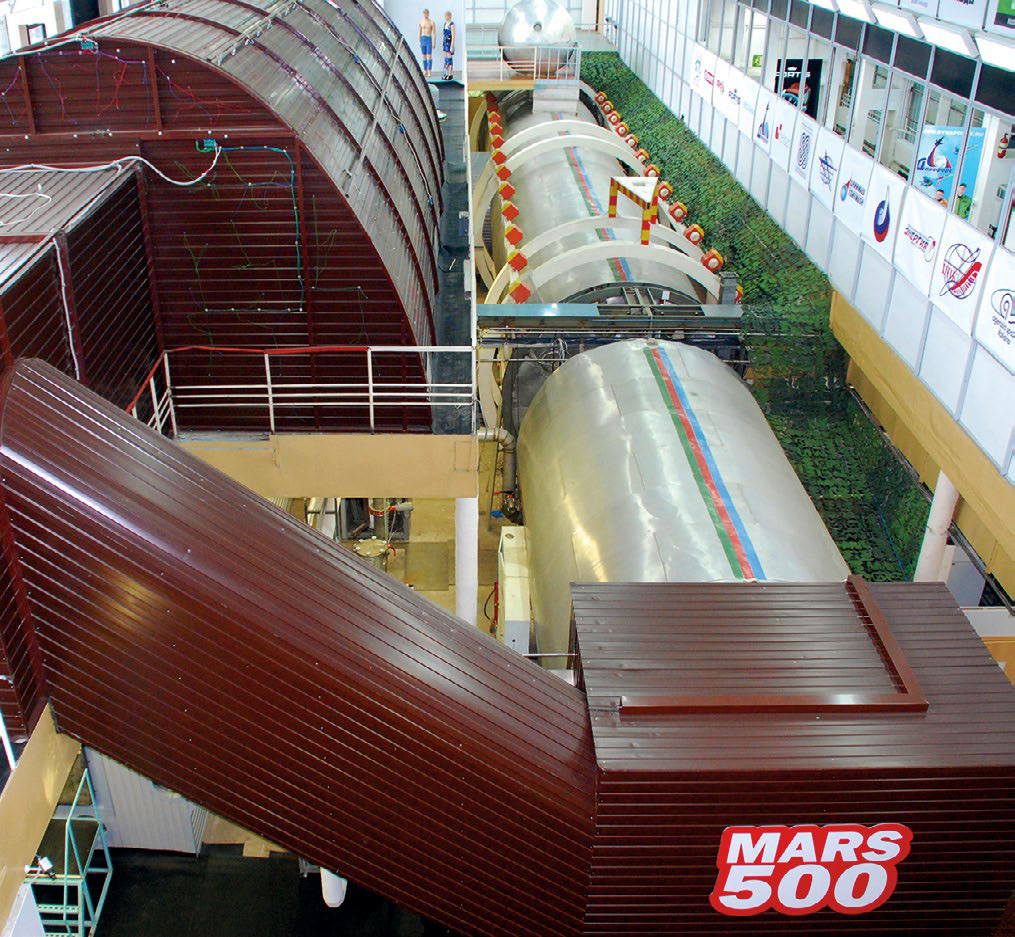Do you thrive in social isolation? NASA is looking for people to spend eight months locked in a Russian lab for a new experiment. When humans return to the Moon and travel to Mars, they will need to be prepared for long-duration space travel and even longer stays on these far-off destinations. Currently NASA’s Artemis program aims to land humans on the Moon for the first time since NASA’s Apollo 17 mission landed in 1972.

Could you spend eight months isolated with a small crew?
© ESA
While the Moon is the main goal of NASA’s Artemis program, the agency’s larger goal is to send crewed missions to Mars. But long-term space travel and habitation won’t be easy. Such missions will present both physical and mental challenges as astronauts work to not only survive, but perform important scientific research in uniquely difficult environments.